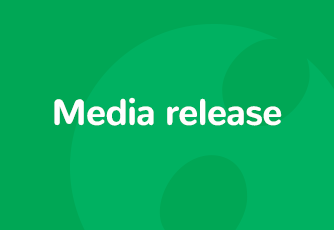Five hundred days ago, Christopher Luxon pledged that if elected, his government would prioritize matching Australia’s bowel cancer screening age from day one. This commitment would extend protection to over a million more Kiwis against the country’s second deadliest cancer.
Last week, Bowel Cancer New Zealand presented proposals to the Health Minister, detailing how parity with Australia – which screens from age 45 – could be fully achieved. The proposals also outlined how to ensure equitable screening access for Māori and Pacific communities, who face bowel cancer risk a decade earlier.
Today’s announcement by government to lower the screening age from 60 to 58 will provide access to around 120,000 New Zealanders. However, this decision leaves over 900,000 Kiwis without the protection that is standard care across the Tasman. Additionally, more than 100,000 Māori and Pasifika, who were set to gain access from age 50 under previous government plans, are now excluded – marking a step backwards for health equity.
It is indefensible for more Kiwis to continue losing their lives to this preventable, treatable disease. Screening is a simple, cost-effective solution that saves lives.
Bowel Cancer NZ Chief Executive Peter Huskinson said:
“Today’s change will help save 566 lives over the next 25 years, but New Zealanders will experience 400 excess bowel cancer deaths every year compared to Australia. We urge the government to continue working with us on a more ambitious roadmap that protects all communities equally and fulfils the prime minister’s pledge. Going further and faster is operationally feasible, financially affordable, and essential to stem the tide of preventable deaths.”

Pictured: Debbie Bailey.
When the news broke that the government would only lower the screening age to 58, many patients who had been diagnosed younger were left feeling frustrated and overlooked. Among these is Debbie, who was diagnosed with bowel cancer at 50 through a private colonoscopy. She said,
“It’s just not good enough. If I’d been screened at 45, it would have been picked up at an earlier stage and given me a better outcome. I can’t believe it’s only gone to 58.”

